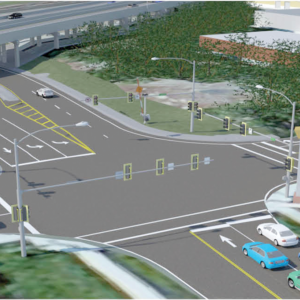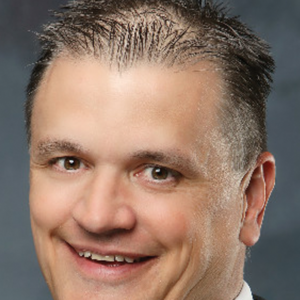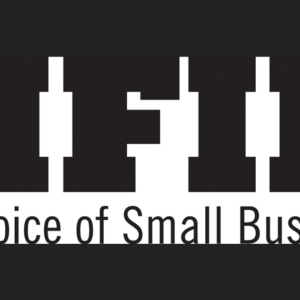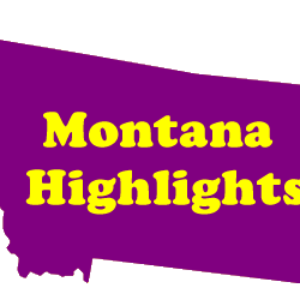The new executive director of Explore Whitefish is Julie Mullins. Explore Whitefish is also known as the Whitefish Convetion and visistors Bureau. Julie Mullins arrived in Whitefish ten years ago. She and her husband were attracted by the allure of skiing and business opportunities for her husband. Mullins has 20 years experience working in the convention and tourism industry.
Foothills flooding is possible due to rapid snowmelt, according to a statement from the National Weather Service for the Livingston area. Flooding is not imminent, but people should move equipment and livestock out of low lying areas and away from waterways, the NWS advised. Between 5,000 feet and 7,000 feet, snowpack is currently 150 to 200 percent above normal, with 8 to 15 inches of water contained within this snow.
Aurore Bakery will open at its new Bozeman location, 141 West Baxter Lane, by the middle of this month. Aurore Adam is excited to expand her business, which has been doing individual orders, events and catering, out of her house, since last March 2022. The eatery will offer an array of French sandwiches, breads, cakes, pastries, and coffee. The bakery equipment is imported from France, along with the flour, butter and coffee she uses.
The Bureau of Land Management plans to replace the aging boat ramp at The Warm Springs fishing access on U.S. Highway 84. The Warm Springs fishing access on U.S. Highway 84 east of Norris will close on April 12 as work begins on the boat ramp, BLM said in a press release. The existing ramp will be replaced with a single-slab, multi-lane boat ramp, according to the current plan. Crews will make asphalt and chip repairs on the parking lot during the closure. The site is expected to reopen the first week of June.
The Grand Williston Hotel and Conference Center has reopened after a more than $ million renovation funded by the ownership group Real Capital Solutions. The remodled hotel has 149 guest rooms and a 7,000 square foot ballroom. The hotel offers 11,197 total square feet of meeting space. In addition to the ballroom, the Grand Williston has break-out meeting rooms that can be combined into one large space or separated into various configurations.
Samantha Jones and Tabatha Venezio have opeded their new business Simply Organized Montana serving the Flathead Valley. For Simply Organized Montana having an organized space is more than just about the aesthetic. It’s about maintaining sanity and finding peace. From pantries and closets to playrooms and garages, Jones and Venezio will organize any space.
The Montana Distillers Guild is holding its fourth annual Distiller’s Festival on April 22 in Whitefish at the Grouse Mountain Lodge. Attendees will be provided the opportunity to taste and learn about Montana-made spirits.The festival is Saturday, April 22 from 2:30-6 p.m. at Grouse Mountain Lodge. Providing the opportunity to taste and learn more about Montana-made spirits, The festival will showcase 12 distilleries from around Montana. Tickets are available online via the Montana Distiller’s Guild website at montanadistillers.org.
Streamflow forecasts range from about 120% of normal to 180% of normal due to the exceptional snowpack in southern Beaverhead, Madison and Gallatin counties, according to the Natural Resources Conservation Service. Also to the West of the Continental Divide, streamflow forecasts are highest in the southern Mission Mountain region and the Upper Clark Fork River basin, at about 110% of normal to 130% of normal. Snowpack in the Bears Paw Mountains is about 250% of normal.
The MT Bureau of Reclamation announces the release of the St. Mary Diversion Dam Replacement Project’s Draft Environmental Assessment (EA). The St. Mary Diversion Dam is part of Reclamation’s Milk River Project near Babb, Montana. The public comment period will run from March 29 to May 5, 2023. There will be a public meeting on the Draft EA to be held on April 19, 2023, at 6:00 p.m. at the Glacier Peaks Hotel Conference Room in Browning, Montana.
In an effort to help manufacturers meet their workforce needs the Montana Manufacturing Extension Center at Montana State University has launched a new apprenticeship program. The Certified Manufacturing Associate Apprenticeship is a one-year program that combines on-the-job training with online technical classes on topics like safety, math and measurements, manufacturing processes, and quality control. Participating employees earn $15 per hour during their first three months on the job, then $20 per hour for the rest of the year while they complete the 25 online class sessions.
The Big Sky Country Multiple Listing Service (BSCMLS) board of directors recently appointed Mike Lake as the Chief Executive Officer. Lake previously served as the Multiple Listing Service (MLS) Director for the BSCMLS.
The USDA Forest Service announced two Montana businesses and the Confederated Salish and Kootenai Tribes will receive funding to put toward building up the wood products economy and have sustainable forest management. The Whitefish business Wooden Haus Supply/Stolze Timber Systems and Marks-Miller Post and Pole, Inc. in Clancy will get $1 million and nearly $510,000 in wood products assistance funding from the Bipartisan Infrastructure Law.







